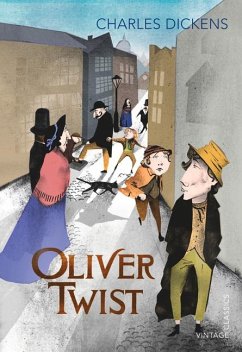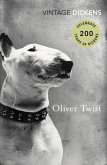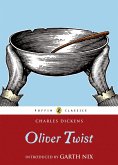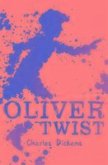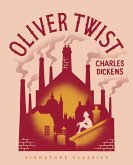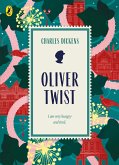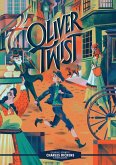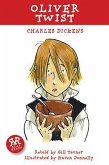Meet the Artful Dodger, as roistering and swaggering a young gentleman as ever stood four foot six. With him, you'll run down the dirty backstreets of London to be entertained by the Respectable Old Gentleman and his brood of thieves and pickpockets. Fagin will bring you to 'the trade', and make something of you, something profitable.
Hinweis: Dieser Artikel kann nur an eine deutsche Lieferadresse ausgeliefert werden.
Hinweis: Dieser Artikel kann nur an eine deutsche Lieferadresse ausgeliefert werden.

